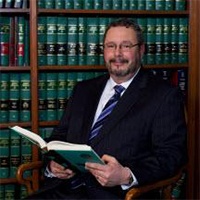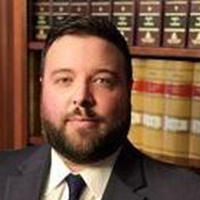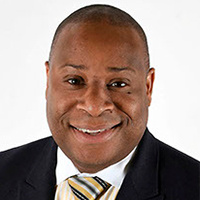West Hartland Felony Lawyer, Connecticut
Sponsored Law Firm
-
 x
x

Click For More Info:
-
Attorney John F. O'Brien
411 Center Street Manchester, CT 06040» view mapCriminal Defense Law Affordable Criminal Defense
Attorney John F. O'Brien is an experienced criminal defense lawyer and trial lawyer. You don’t have to go through this alone, we are here to protect you and your rights!
60-290-9090
Not enough matches for West Hartland Felony lawyer.
Below are all West Hartland Criminal lawyers.
Steven Howard Levy
✓ VERIFIEDAttorney Levy earned his B.A. from the State University of New York at Buffalo, and his J.D. from Antioch School of Law. He was admitted to the Connec... (more)
Robert A Salerno
✓ VERIFIEDRobert A. Salerno attended Law School and received a B.S. from High Point University in 2005 and his Juris Doctor in 2009 from Touro Law Center. He wa... (more)
James W. Bergenn
✓ VERIFIEDJim Bergenn's practice is comprised of complex criminal and civil litigation, including white collar crime and government investigations, personal inj... (more)
Jason Christopher Goddard
✓ VERIFIEDAttorney Jason C. Goddard is an experienced criminal defense lawyer who has handles serious criminal cases in Connecticut, New York and CT District Co... (more)
Lawrence Howard Adler
✓ VERIFIEDMr. Adler received a B.S. Degree in Business Administration from the University of Connecticut where he graduated Magna Cum Laude and was awarded Spec... (more)
Brian J. Woolf
Attorney Brian J. Woolf, LLC, in East Hartford, Connecticut, provides legal assistance to criminal defendants in the following areas and more: Burgla... (more)
 John F. O'Brien Manchester, CT
John F. O'Brien Manchester, CT Practice AreasExpertise
Practice AreasExpertise






